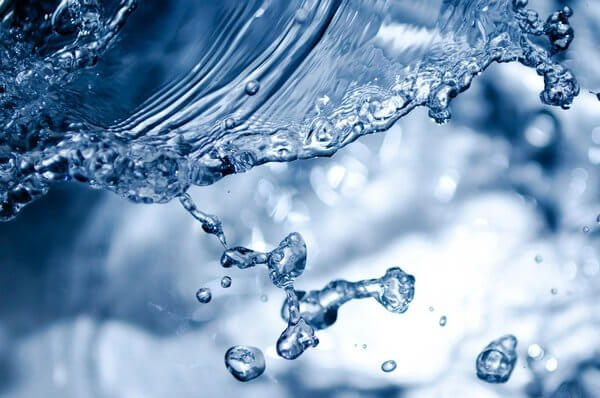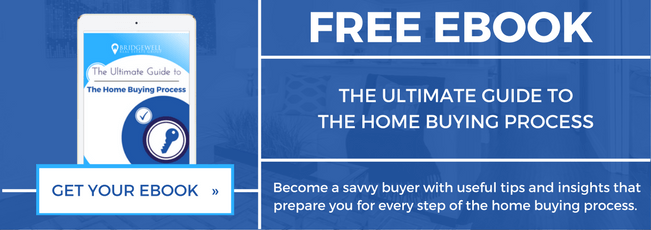How to Avoid Buying a Leaky Condo in Greater Vancouver
The Basics of Leaky Condos & Rainscreening
If you’re thinking of purchasing a home in the Greater Vancouver area, keep in mind that leaky condos are everywhere and you even though a condo looks solid it may be a rotten mess in places you can’t see.
Before you purchase a condo, make sure you read this blog post to help you identify what a leaky condo is and how to prevent yourself from purchasing a leaky condo.
What is a leaky condo?
The term ‘leaky condo’ refers to an issue with the design of condos during the 1980s and 1990s (though not limited to this time) due to moisture not being able to vacate the wall cavity of the building. Because of this, the moisture would remain in the wall cavity and cause rot, mould, and other structural issues over time.
It came about due to a construction boom that was occurring at that time. Designers from other parts of the world, namely California, were brought to the lower mainland to help keep up with the demand for buildings. These designers were not accustomed to the heavy levels of rain in the lower mainland, so all of the structural designs were based on an average rainfall of around 400 millimeters versus the rainfall that we typically see of closer to 1500 millimeters.
These leaky condos are typically wood-frame, low rise buildings (less than four stories) that are predominantly stucco clad buildings.
Why should I care if a condo is a leaky condo?
The cost of purchasing a leaky condo with ongoing structural issues is astronomical. Many people have been forced to sell their homes as they are faced with $70,000 special levies per unit to remediate moisture issues associated with the leaky condo crisis. Special levies can be defined as an expense that must be paid by the owner of a unit to pay for a building expense such as fixing balconies, updating the roof, or remediating moisture problems.
If the contingency reserve fund doesn’t have enough money to fund the majority of the upgrade, then you can expect a higher special levy.
5 ways to avoid buying a Leaky Condo
-
Be aware of what years they are most prevalent in
Typically the issue regarding leaky condos was a crisis with buildings built between 1981/1982 and up until around 1998. The reasons for those years being the most prevalent is a mix of building code issues, building construction, and architecture methods that lasted just shy of two decades until people finally started to figure out what was going on and why buildings were experiencing problems. Rainscreening became a requirement in Vancouver in 1996 for all buildings, and in 2006 for coastal areas in the remainder of BC. Therefore, this leaky condo issue can also be found in buildings as new as 2006.
-
Find out if the building has been rainscreened or has overhangs
Vancouver’s solution to the leaky condo crisis was “rainscreening” the building. Rainscreening is the process in you put in a drainage cavity behind the wall material that will help to allow any water that penetrates the exterior cladding to vent or drain out. This type of wall system essentially, again in easy terms, allows moisture that either penetrates, or remains within the wall system, to escape through a gap. This gap also allows air to circulate, so that it can reduce the chance of rot forming from consistent contact with moisture.
Since rainscreening came in to effect, Vancouver hasn’t had any real problems with it. If the building hasn’t been rainscreened, the process of removing the stucco and rainscreening the building can often cost the strata a few million dollars. Depending on the size of the building and how many units they have, that split in the expense can be quite a sizable cost to each owner and a large financial hit. Therefore, it’s important to know whether the building has been rainscreened or if they plan to rainscreen it in the near future to determine whether or not you will need to fork out a big bill that should be accounted for in the purchase price of the property.
Overhangs are another feature that are used to prevent moisture and water in a building, and they are also the more cost effective option compared to rainscreening. They act as an umbrella on the building that makes sure rain does not contact the weak points of the building that can allow moisture buildup and eventually rot. Overhangs can be found on the roofs or even above windows – if you can’t find them you can always check the strata documents to see if they have installed them.
-
Use a qualified, experienced Realtor who specializes in the area and type of property you are purchasing
Having a realtor on your side to represent you is one of the best tools that you can have to ensure that your purchase goes smoothly. By using a qualified realtor that has experience in the area and the type of property that you’re buying, you will be able to rely on their knowledge of which buildings are or have been leaky condos.Having a realtor who knows the product will save you both time and money – plus, hiring an agent to represent you on the buyer’s side is 100% FREE! To learn more about what the buyer’s agent does, check out our blog: How Hiring a Buyer’s Agent Will Help You
-
Read the Strata Documents and all Engineering & Depreciation Reports (if any)
Before you write an offer you should have your realtor obtain the strata documents for review. Reading through the last 2 years of strata council meetings, special meeting meetings, and the annual general meetings will give you a great indication of the strata’s past, present, and future work on the building or complex. If the strata has had engineering reports, envelope assessments, or depreciation reports done this will be another simple way to know if you’re purchasing a leaky condo.
While reading through these documents, pay special attention to references to leaks, water ingress, water damage, and moisture issues.
-
Make your offer Subject to Inspection by a Qualified and Certified Home Inspector
A home inspection will be the cheapest insurance against buying a leaky condo, and if you have any doubts about whether the condo is a leaky condo you’ll most definitely want to have a certified home inspector check the place out.
If you’re in a multiple offer scenario you may also want to consider having a pre home inspection before the offer presentation date. This will allow you to have a home inspection and make sure you’re making an informed decision about purchasing the property, but also write a competitive offer to show that you’re motivated. A home inspection will typically cost $300-$500 depending on the size of the property, but it’s money well spent.
-
Never be Afraid to Ask Questions!
When it comes to real estate, no question is a dumb question. It’s important that you understand exactly what you are getting in to as this purchase will likely be one of the largest purchases of your life. If you have questions about the strata documents or the state of the building, ask your realtor, call the property manager, or talk to your home inspector. Never be afraid to ask questions and always be wary of those who beat around the bush or refuse to answer your questions.
—
If you’re interested in purchasing a property but want to make sure you get the right one for you, then give us a call at 604-765-0376. Prefer text? 604-319-0200 or email [email protected] to start a conversation. We’ve dealt with hundreds of leaky condos before, and will be able to guide you through the process to ensure that you’re safe and protected.




